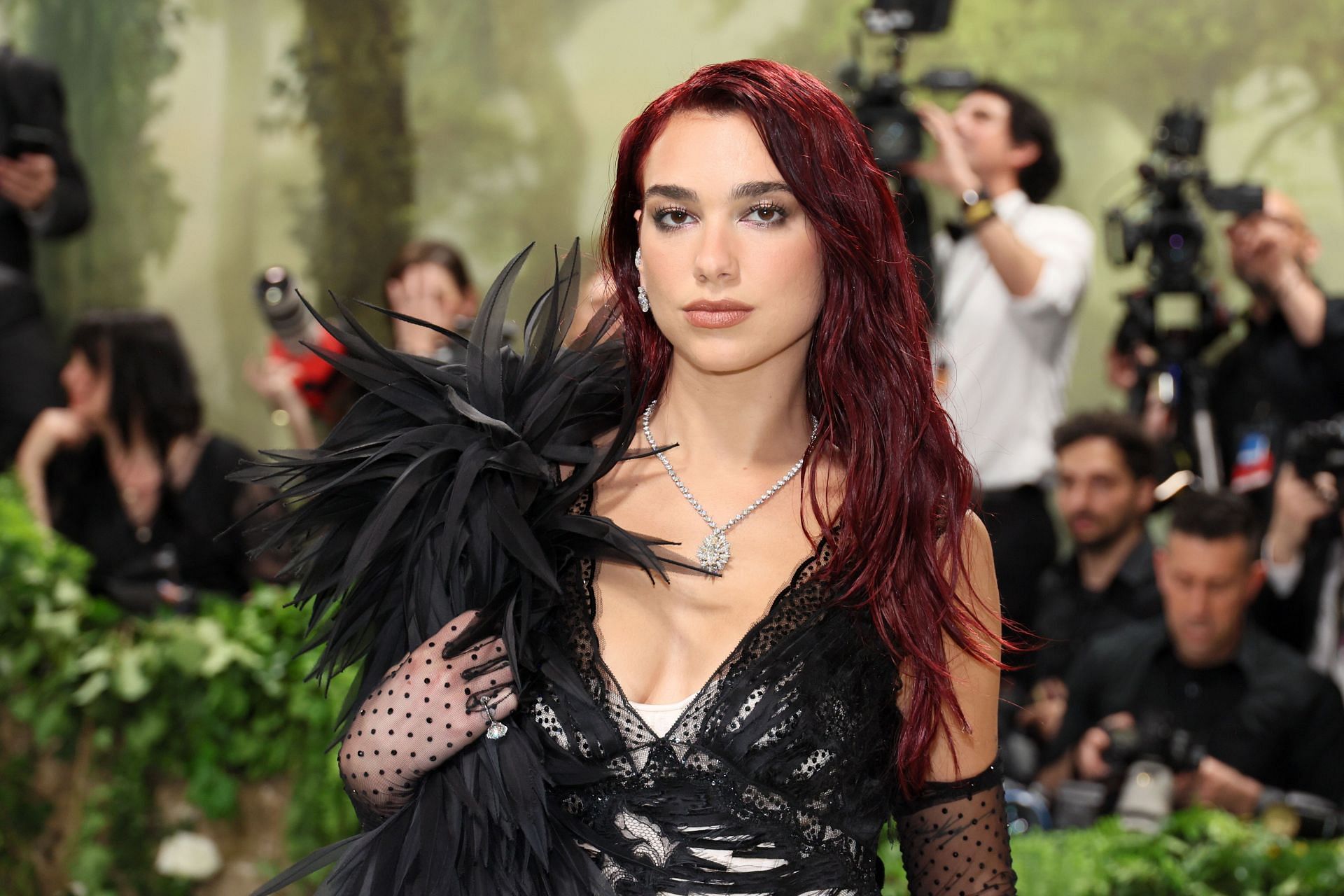What is the Structured Asset Sales, LLC v. Ed Sheeran case? Judge cites lawsuit in Dua Lipa's victory in Levitating copyright case

Dua Lipa emerged victorious in a copyright lawsuit filed by L. Russell Brown and Sandy Linzer over the singer's 2020 track Levitating. On March 27, 2025, U.S. District Judge Katherine Polk Failla ruled in Dua Lipa's favor, stating that the plaintiffs failed to submit sufficient evidence proving a similarity between Levitating and their tracks Wiggle and Giggle All Night and Don Diablo.
Brown and Linzer claimed that the opening melody of Dua's track was copied from their music and cited the singer's past statements addressing that she drew inspiration from the disco era to curate a "retro sound" for Levitating.
However, Judge Katherine Polk Failla mentioned in her ruling that the tune wasn't protected under copyright law, citing the Structured Asset Sales, LLC v. Ed Sheeran case.
In 2018, Structured Asset Sales LLC, a partial owner of royalties from Marvin Gaye's track Let's Get It On sued Ed Sheeran and others for distributing, recording, and licensing his 2014 song Thinking Out Loud.
The company claimed that Sheeran copied Let's Get It On citing harmonic rhythm and chord progression along with points of similarities.
While Ed Sheeran moved for a summary judgment of the case in 2021, the court denied the same, upholding the question of whether Let's Get It On's chord progression and harmonic rhythm demonstrated sufficient creativity and originality to assure copyright protection was to be determined at trial.
When Ed Sheeran moved for reconsideration, a jury found that the singer didn't infringe on Marvin Gaye's song.
A similar decision was granted by the district court, awarding the singer a summer judgment stating:
"Common sense dictates that in the context of a musical composition, ‘numerous’ requires more than just a commonplace chord progression and harmonic rhythm to warrant protecting their combination.”
More details about the judgement of Dua Lipa's copyright lawsuit over Levitating
In the judgement of the copyright infringement suit by L. Russell Brown and Sandy Linzer over Dua Lipa's track Levitating, the judge mentioned that the court agreed with the plaintiff's perspective about a layperson hearing similarities between the songs.
However, "there can be no substantial similarity (and thus no copyright violation) as a matter of law, because ‘the similarity between [the] works concerns only non-copyrightable elements of the [P]laintiff[s’] work.”
Additionally, the attorney for the plaintiffs, Jason T. Brown, mentioned in a statement to Variety dated March 27, 2025, that they disagree with the court's ruling and plan to appeal. Brown added:
“Even the defense expert acknowledged that people can hear the similarities between Don Diablo and Levitating...There’s a growing disconnect between how these cases are decided — by academically analyzing briefs, bar lines, and musical notation — versus how audiences actually experience music."
Moreover, the ruling in Dua Lipa's favor mentioned that the musical style and the musical function defined by Brown and Linzer "cannot possibly protectable — alone or in tandem — because … [that would] completely foreclose the further development of music in that genre or for that purpose."
While the plaintiff's attorney displayed a respectful disagreement with the court, Dua Lipa's attorney, Christine Lepera, commented on the lawsuit's dismissal, expressing happiness over the summary judgment. Lepera said that the court recognized the existence and accessibility of music building blocks for all creators.




